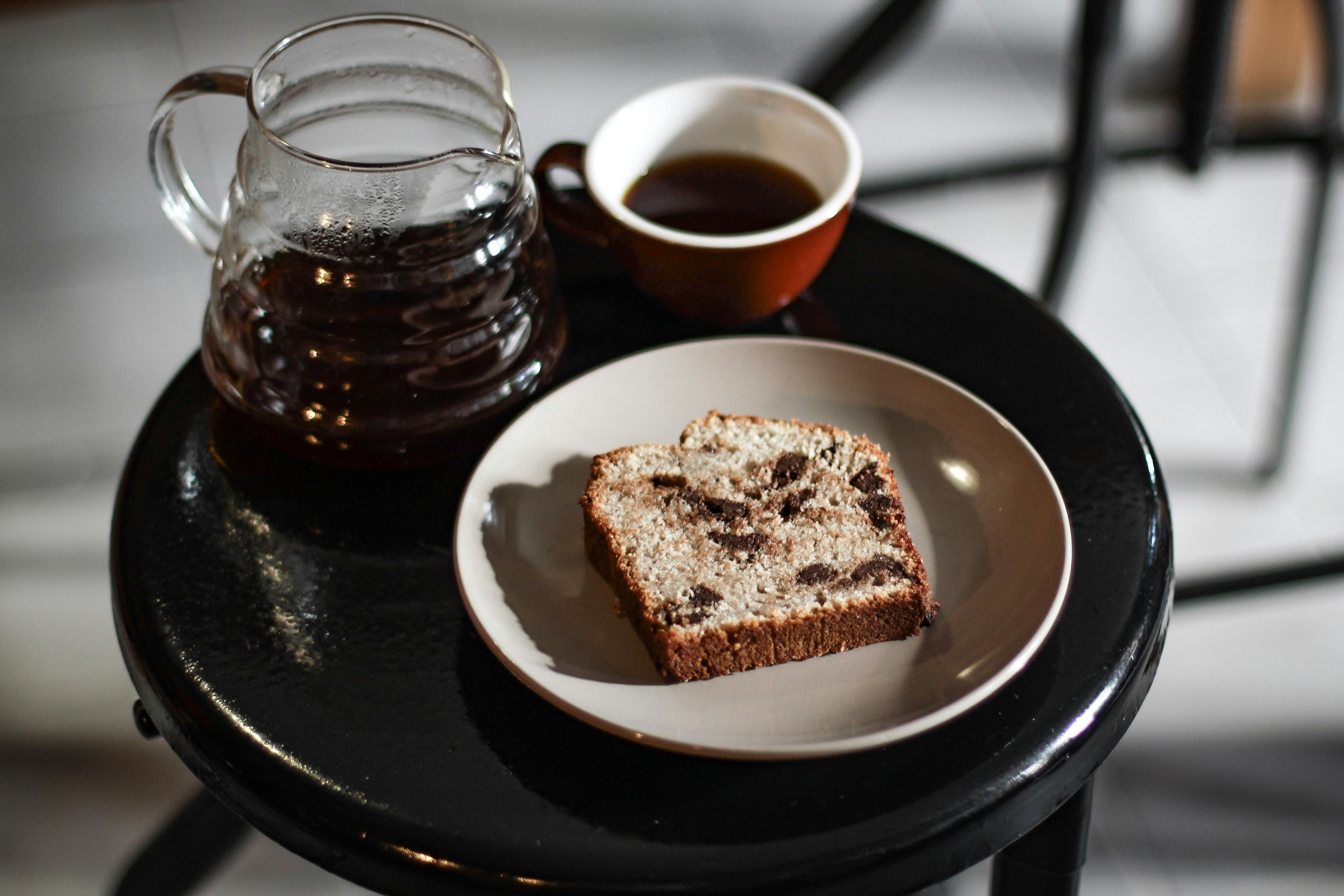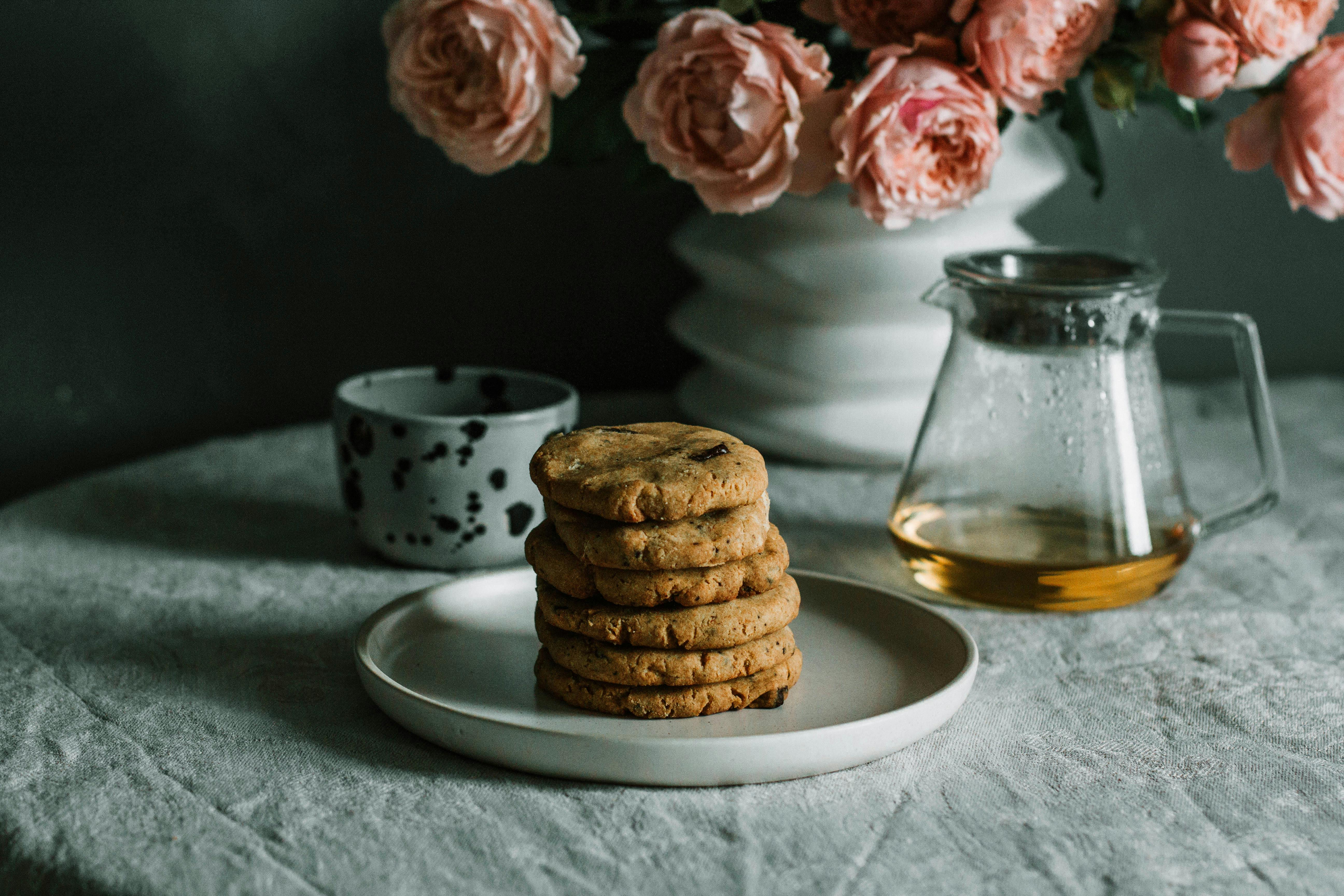Tea is a beverage enjoyed by millions of people around the world every day. It is available in a variety of different flavors and styles, making it a popular choice for many. A common question that often arises when discussing tea is whether or not it contains sugar. This article will explore the answer to this question and provide an overview of the types of sugar that can be found in tea.No, tea does not contain sugar.
Types of Sugars Found in Tea
Tea is a popular beverage enjoyed worldwide. Along with the many health benefits that tea provides, it can also contain a variety of sugars. Common types of sugars found in tea include white sugar, brown sugar, honey, agave nectar, and stevia. White sugar is the most widely used sweetener in tea and can easily be added while stirring. Brown sugar is less processed than white sugar, which adds more flavor to your tea. Honey adds sweetness and a unique flavor that pairs well with different types of teas. Agave nectar has become a popular alternative to refined sugars as it has a low glycemic index and many beneficial minerals. Lastly, stevia is an all-natural sweetener that comes from the stevia plant but often has an aftertaste associated with it.
When adding any type of sweetener to your tea, you should take into consideration the amount you are adding as too much can override the flavor of the tea itself. Each type of sweetener offers something different in terms of taste and health benefits so try out different combinations to find what works best for you!
Health Benefits of Tea Without Added Sugar
Drinking tea without added sugar can be a healthy part of your diet. Tea is naturally low in calories and contains beneficial compounds like catechins and flavonoids, which have antioxidant properties. These compounds may help protect against disease, improve digestion, and reduce inflammation. Studies have also shown that drinking tea without added sugar may help lower blood pressure, improve heart health, and aid in weight loss.
Tea without added sugar is also a great source of hydration. It can help keep your body’s fluids balanced, which is important for overall health and wellness. The caffeine in tea can also provide an energy boost to help get you through the day.
One of the best things about drinking tea without added sugar is that it can be incorporated into any dietary plan. Whether you’re following a vegan diet, a gluten-free diet, or something else entirely, tea can easily fit into your lifestyle without sacrificing flavor or health benefits. Furthermore, there are many varieties of teas available on the market today that can suit any taste preference. From traditional black teas to herbal infusions and green teas, there’s something for everyone!
Overall, drinking tea without added sugar offers numerous health benefits and can easily be incorporated into any dietary plan. Not only does it provide hydration and energy throughout the day but it also contains compounds with antioxidant properties that may protect against disease and reduce inflammation. Plus, with so many varieties available on the market today, it’s easy to find one that suits your taste preferences!
Natural Sweeteners Used to Sweeten Tea
Many people enjoy sweetening their tea with natural sweeteners. There are a variety of natural sweeteners available, each of which has a unique flavor. Honey, agave nectar, and maple syrup are all popular choices for sweetening tea. Honey has a mild flavor and is often used in herbal teas or green teas. Agave nectar has a more intense sweetness and is often used in black teas or oolong teas. Maple syrup can also be used to sweeten tea, though it has a unique flavor that some may not be accustomed to.
Stevia is another popular natural sweetener used to sweeten tea. It is derived from the stevia plant and not only adds sweetness but also contains some beneficial antioxidants. It also has no calories or carbohydrates, making it an ideal choice for those looking for healthier alternatives to traditional sugar-based sweeteners. Additionally, stevia does not have the bitter aftertaste that many artificial sweeteners have.
Other natural sweeteners that can be used in tea include coconut sugar, date sugar, brown rice syrup, and fruit syrups such as apple or pear syrup. Each of these has its own unique flavor profile and can be used to enhance the taste of your favorite teas. When using any of these natural sweeteners, it is important to consider how much sweetness you would like in your cup of tea before adding any additional sugar or honey.
Sugar-Free Alternatives for Sweetening Tea
If you’re looking for sugar-free alternatives to sweeten your tea, there are plenty of options out there. From natural sweeteners and extracts to sugar substitutes, it’s easy to find something that suits your taste. Here are some of the most popular sugar-free alternatives for sweetening tea.
Honey is a natural sweetener that has been used for centuries in both cooking and as a tea sweetener. It is made up of mostly fructose and glucose, so it has a milder flavor than regular sugar. It also contains vitamins and minerals that can be beneficial to your health. Honey is an ideal choice when you want to add sweetness without adding too much sweetness.
Stevia is another popular natural sweetener that is derived from a plant native to South America. It has zero calories and doesn’t raise blood sugar levels like regular sugar does. Stevia comes in liquid or powder form and can be used to sweeten tea without adding any extra calories or sugar.
Fruit juices are also a great way to add natural sweetness to your tea without the added calories or sugar found in regular sugar. You can use any type of fruit juice, such as orange, apple, or cranberry juice, depending on the flavor you would like for your tea. You can also mix different types of fruit juices together to create unique flavor combinations that will satisfy your taste buds in a healthier way than traditional sugars do.
Finally, there are many artificial sweeteners on the market today that are designed specifically for use in beverages such as tea or coffee. These artificial sweeteners typically contain fewer calories than regular sugars do, so they are often considered a healthier option than regular sugars when it comes to sweetening drinks like tea. However, keep in mind that some artificial sweeteners can have an unpleasant aftertaste so you should always read the label carefully before purchasing any artificial sweetener products for use in your tea or other beverages.

How Much Sugar is in a Cup of Tea?
A cup of tea is a popular beverage enjoyed all around the world. It’s a great source of antioxidants and other health benefits, but it can also come with some unwanted ingredients, like sugar. So how much sugar is in a cup of tea?
The answer depends on the type of tea you’re drinking. For example, black tea usually has no added sugar, while green tea often has a small amount. If you’re adding sugar yourself, the amount can vary widely depending on your tastes.
Tea bags are usually pre-sweetened with sugar or sweeteners like stevia or sucralose. The amount can range from just a few drops to several teaspoons per cup. Instant teas often have more added sugar than other types of tea, so be sure to check the label and avoid any products with high levels of added sugars.
You can also make your own unsweetened tea at home by steeping loose leaves in hot water for several minutes. This will give you full control over how much sugar you add (if any). You could even try adding natural sweeteners like honey or agave syrup instead of white sugar for a healthier option.
In general, it’s best to limit your intake of added sugars as much as possible. So if you’re trying to cut down on the amount of sugar in your diet, opt for unsweetened teas and be mindful about what type (and how much) sweetener you use when making your own beverages at home.
Is All Tea Sweetened?
No, not all tea is sweetened. There are many types of tea, some of which are naturally sweet and some that are not. Unsweetened teas can be found among white, green, black, oolong, pu-erh and herbal varieties. These unsweetened teas have a more robust flavor than their sweetened counterparts and can be enjoyed on their own or paired with food for a unique taste experience.
Sweetened teas add sugar or other natural sweeteners like honey or agave syrup to impart a sweeter flavor. Sweetened teas are more popular in the United States and tend to come in the form of iced tea or tea lattes. Popular flavored teas like chai also often contain sweetener. Adding milk or cream to these sweetened teas can further enhance the flavor experience.
Ultimately, it is up to the individual to decide what type of tea they like best and whether they prefer it sweetened or unsweetened. Both types of tea can offer unique taste profiles as well as health benefits, so exploring different types of tea can be a great way to find something that suits your personal preferences.
Impact of Too Much Sugar in Tea on Health
Too much sugar in tea can have a detrimental effect on our health. Consuming too much sugar can lead to weight gain, increased risk of diabetes, and other health issues. Excessive sugar consumption is linked to an increased risk of heart disease and stroke. It can also increase the risk of developing certain cancers, such as colorectal cancer. In addition, too much sugar in tea can cause dental problems such as cavities and even tooth decay.
In addition to the health risks associated with excessive sugar consumption, it is important to note that excess sugar in tea can also affect our energy levels. High-sugar teas can cause a spike in blood sugar levels that leads to a crash afterwards. This crash can leave us feeling sluggish and tired throughout the day, making it difficult to concentrate or be productive.
Finally, too much sugar in tea may also have an impact on mental health. Studies show that high-sugar diets are linked to increased levels of anxiety and depression. This is due to a combination of factors, including the energy crash mentioned earlier as well as the effects of high-sugar diets on hormones like serotonin and dopamine which regulate mood.
In conclusion, it is important to be mindful of how much sugar we are consuming in our teas. Excess sugar can lead to weight gain, increased risk of diabetes and other health issues, as well as affecting our energy levels and mental health. Keeping your sugar intake low when drinking tea will ensure you stay healthy and energized throughout the day!

Conclusion
In conclusion, tea does not naturally contain sugar. However, depending on the type and brand, it is possible for some teas to be artificially sweetened. If you’re looking for a tea that is low in sugar or that doesn’t contain any sugar at all, it’s best to read the ingredients label before purchasing. Additionally, you can opt for a natural and unsweetened herbal tea instead.
Drinking tea can be a great way to promote health and wellbeing. By understanding what type of tea has sugar in it, you can make sure that you’re choosing the right one for your needs and health goals.
